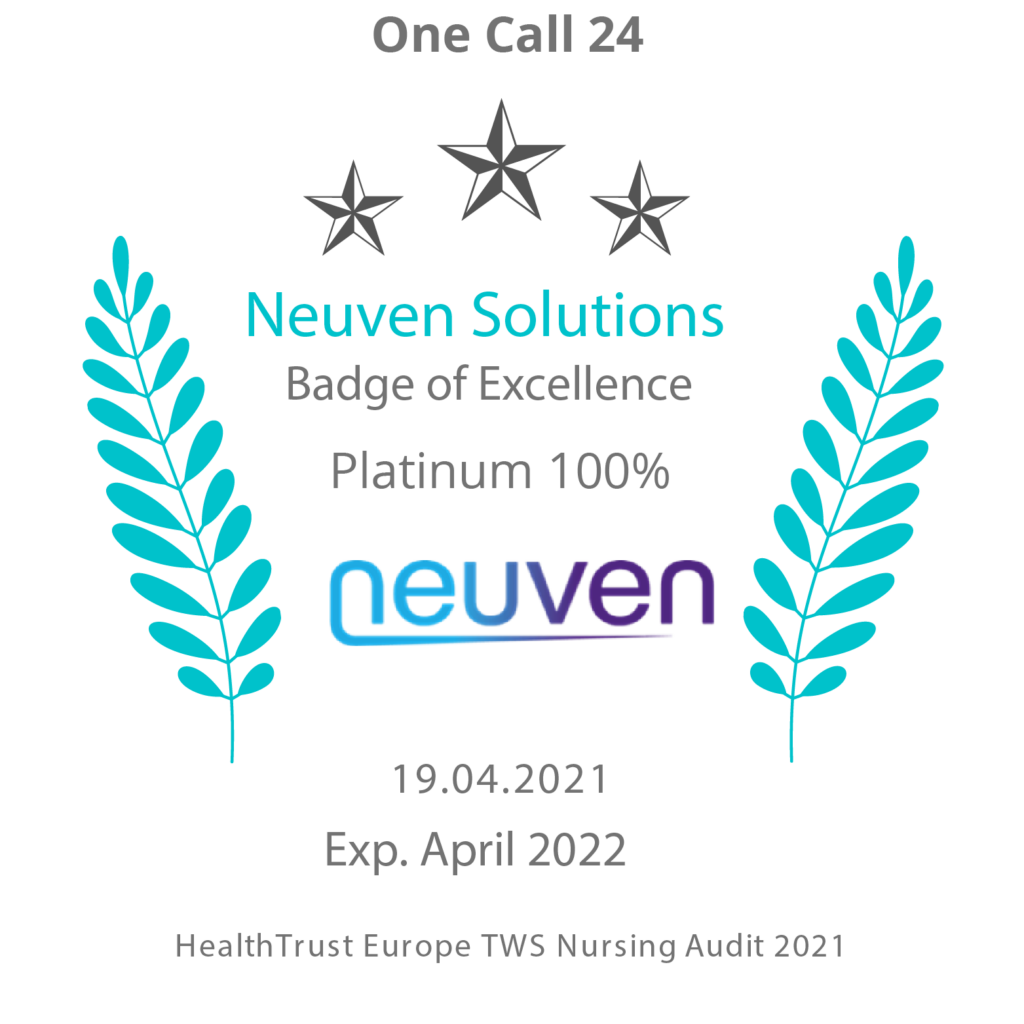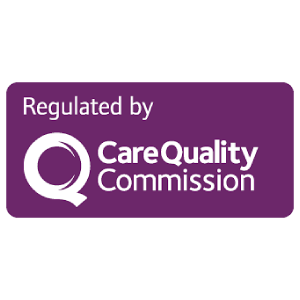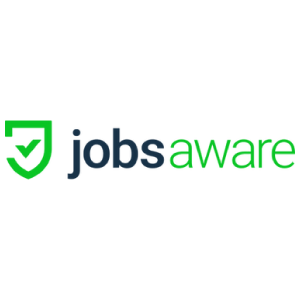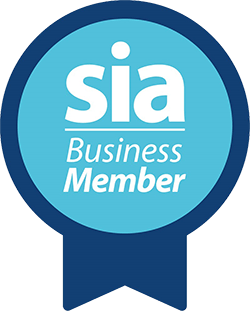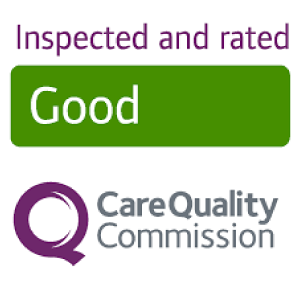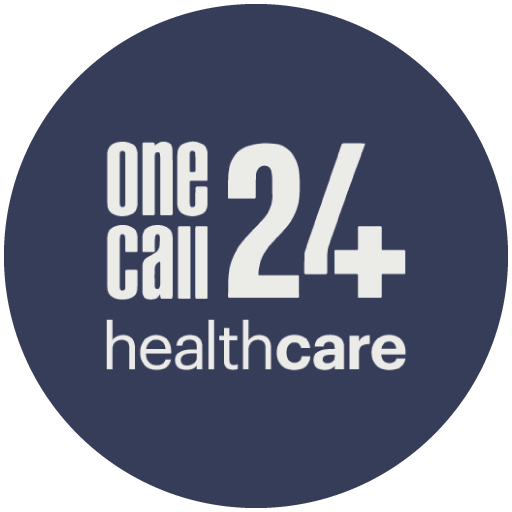
Learning Disabilities: Types, Causes, and Symptoms
What is Learning Disabilities ?
A learning disability is not about being lazy or not trying hard enough. It’s a condition that affects how a person learns and processes information. People with learning disabilities may struggle with reading, writing, understanding numbers, or following instructions, even if they’re just as intelligent as anyone else.
Sometimes, people confuse learning difficulties and learning disabilities, but there’s a difference.
⦿ Learning difficulties (like ADHD or dyslexia) don’t affect general intelligence.
⦿ Learning disabilities are more serious and are considered intellectual disabilities, which means they affect thinking, understanding, and everyday life skills.
At OneCall24 Healthcare, we support individuals with a range of learning disabilities, helping them to lead full, independent, and dignified lives in their own homes and communities.
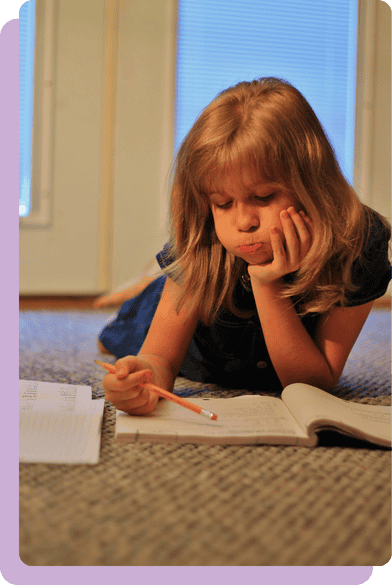
Why is this Important?
Learning disabilities affect more people than many realise. According to Mencap, around 1.5 million people in the UK have a learning disability. That’s about 2 in every 100 people. And yet, it’s often misunderstood.
Understanding the types, causes, and symptoms of learning disabilities helps families, carers, and professionals provide better support.
Types of Learning Disabilities
There isn’t just one type of learning disability. Different people are affected in different ways. Here are some of the most common types:
1. Mild, Moderate, and Severe Learning Disabilities
This classification helps describe how much support a person may need:
⦿ Mild: May live independently with some support, and might struggle with learning new skills or keeping up in school.
⦿ Moderate: May need regular support in daily life, such as help with money management, transport, or personal care.
⦿ Severe or Profound: May need full-time care and have additional physical or sensory challenges.
According to NHS, nearly 300,000 people in England are registered as having a learning disability, but the real number is likely higher due to underdiagnosis.
2. Global Developmental Delay (GDD)
This refers to delays in reaching milestones like walking, talking, or socialising. It’s often diagnosed in children under 5 and may later be identified as a learning disability.
3. Down Syndrome
A genetic condition that causes some level of learning disability. People with Down Syndrome have unique strengths and can lead fulfilling lives with the right support.
4. Williams Syndrome
A rare genetic disorder that causes mild to moderate learning disabilities and unique personality traits like friendliness and talkativeness.
5. Fragile X Syndrome
A common inherited learning disability, especially in boys. It can affect speech, behaviour, and social interaction.
6. Autism with Learning Disability
Some autistic individuals also have a learning disability. They may need extra support in communication, daily activities, and building routines.
At OneCall24 Healthcare, we support individuals across the full spectrum, tailoring our approach to meet their specific needs and preferences.

Causes of Learning Disabilities
Learning disabilities can have many causes. Sometimes the reason is clear, but often, it’s not. Here are some of the most common factors:
1. Before Birth (Prenatal)
⦿ Problems during pregnancy
⦿ Infections (like rubella)
⦿ Genetic conditions (like Down’s syndrome or Fragile X)
2. During Birth
⦿ Lack of oxygen at birth
⦿ Premature birth or low birth weight
⦿ Complications during delivery
3. After Birth (Postnatal)
⦿ Brain infections like meningitis
⦿ Head injuries
⦿ Poor nutrition or exposure to toxins (e.g., lead)
In many cases, a mix of genetic and environmental factors may play a role.
Symptoms of Learning Disabilities
Learning disabilities affect everyone differently, but here are some general signs to look out for, especially in childhood:
⦿ Delayed speech or language skills
⦿ Difficulty learning basic skills, like reading or counting
⦿ Struggles with memory or concentration
⦿ Difficulty understanding instructions
⦿ Problems with social interaction
⦿ Need for routines or becoming upset by change
⦿ Poor coordination or motor skills
In adults, symptoms might include difficulty managing money, maintaining personal hygiene, or navigating public transport without support.
According to Public Health England, individuals with learning disabilities are more likely to experience health inequalities and require personalised care and support.
Learning Disabilities vs. Learning Difficulties –
What’s the Difference?
⦿ Learning Disabilities: These are lifelong conditions that affect overall intelligence and development. They often require long-term care and support.
⦿ Learning Difficulties: These refer to specific challenges, like dyslexia (difficulty with reading) or dyspraxia (difficulty with movement). People with learning difficulties usually have average or above-average intelligence.

Understanding the difference helps ensure that the right kind of support is given. At OneCall24 Healthcare, our teams are trained to recognise both and respond with compassion and expertise.
How OneCall24 Healthcare Supports Individuals with Learning Disabilities
We believe every person deserves the chance to live with dignity, independence, and happiness, regardless of ability. That’s why we offer:
⦿ Person-Centred Care
We focus on each individual’s strengths, preferences, and goals. Whether it’s building life skills, enjoying hobbies, or staying healthy, our care is always tailored.
⦿ Home-Based Support
Many of our clients live in their own homes, supported by a dedicated care team. We help with everything from daily tasks to emotional support.
⦿ Skilled, Compassionate Staff
Our support workers receive specialised training in learning disability care, challenging behaviours, and communication strategies.
⦿ A Multidisciplinary Approach
We work closely with families, General practitioners, psychologists, social workers, and other professionals to provide joined-up care.
⦿ Respect, Always
We never define people by their diagnoses. We see the person first and celebrate what they can do, not just what they can’t.
Conclusion
A learning disability may present challenges, but with the proper care, environment, and support, individuals can live rich and meaningful lives.
At OneCall24 Healthcare, we stand by individuals and families across the UK, offering expert care that uplifts, empowers, and supports long-term well-being.
Whether you’re a family member seeking support or a professional passionate about care, we’re here to help.
Interested in learning more?
Visit OneCall24 or speak to our team today to explore how we support individuals with learning disabilities at every stage of life.
Share:
More Posts
Send Us A Message
Newsletter
Stay connected
Our social media pages regularly provide useful company and industry updates. Connect with us to stay informed!
- 03333 22 11 33
- info@onecall24healthcare.co.uk
- 239 Old Marylebone Road, London, NW1 5QT
